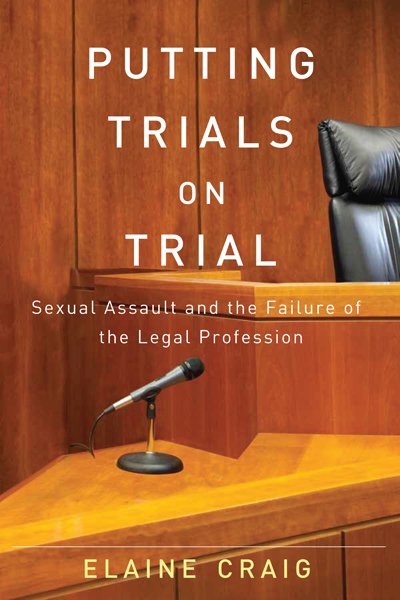(slightly edited from article published in the People’s Voice August 1, 2018 issue
http://peoplesvoice.ca/2018/07/31/why-marx-said-raising-the-minimum-wage-wont-just-boost-prices/) by Saleh Waziruddin
A major objection I ran into about protecting minimum wage increases when I was canvassing as a candidate in the Ontario election was that it's just going to raise prices, we won't be better off. Marx ran into these points even from labour leaders, and here are some of his answers to them in a live debate printed as Value, Price, and Profit.
For a start, Marx points out that though increasing the minimum wage increases the demand for things workers buy, these are only a small part of what the economy produces, since a lot more is produced for the rich and their businesses. “What an immense amount of the necessaries themselves must be wasted upon flunkeys, horses, cats, and so forth” of the rich compared to the basic needs of workers (and their cats!). So while at first the goods and services we buy might see price increases, pretty soon capitalists who produce other goods and services (who took a cut in profits because they have to pay their workers more) will start producing more of what workers buy since they can make a higher profit there, bringing prices back down from competition. Overall prices would go back to where they were. The main difference would be workers have a bigger share in the profits from their labour, and the economy would be producing more things workers buy than what the rich buy.
This is backed up by study after study showing quick rises in the minimum wage don't lead to net price increases or job losses. In 2006 over six hundred economists, including five Nobel Prize winners, publicly said so in an open letter.
Prices aren't based on wages anyway. Wages are just another price, for labour power (hiring someone to work), which is based on the prices of commodities needed to live. Elsewhere, in Wage Labour and Capital, Marx explains that wages are the cost to keep workers going to work another day, but for workers in general, not for any particular worker. Marx said “...indeed millions of workers, do not receive enough to be able to exist and propagate themselves” but wages for workers as a class fluctuate based on the minimum. Saying prices depend on wages, which depend on prices, doesn't tell us anything because it's circular logic.
It's also perverse to say that wages, like a commodity, should take a cut in the bad times, but they shouldn't be raised during the good times. You can't treat a wage like a commodity when it suits the rich but not when it costs the rich. This would make a worker worse than a slave because they “would share in all the miseries of the slave, without the security of the slave.” Slaves in Marx's time were forced to work by “calibrated torture” as Edward Baptist says in his book The Half Has Never Been Told, but Marx was writing about the economic position of ancient slaves vs modern workers who are “free” (and forced) to sell their labour power just to survive.
Marx points out in most cases campaigns for raising the minimum wage come only after big gains to the capitalists from increases in labour productivity, technology, demand and supply, and inflation, and so it's wrong to look at raising the minimum wage without looking at what this demand “follows only in the track” of. Raising the minimum wage is only the working class's response to changes by the capitalists themselves, to ignore this is to “proceed from a false premise in order to arrive at a false conclusion.” As Marx said in his conclusion “the general tendency of capitalism is not to raise but to sink the standard average wages”.
If we look at inflation and the poverty in Canada compared to provincial minimum wages, minimum wages have fallen far behind prices and are well below the poverty line while corporate profits have skyrocketed. The Low-Income Cut Off (LICO) for a family of four in a city of 100-500,000 is still above the increased minimum wages, which is why we need wages that are not just minimum but liveable.
Marx pointed out ultimately the labour movement provides good “centres for resistance” against capitalism but will fall short if it sticks only to “guerrilla war against the effects”, instead of simultaneously using its organization as a weapon to overthrow capitalism and the wage system forever.

